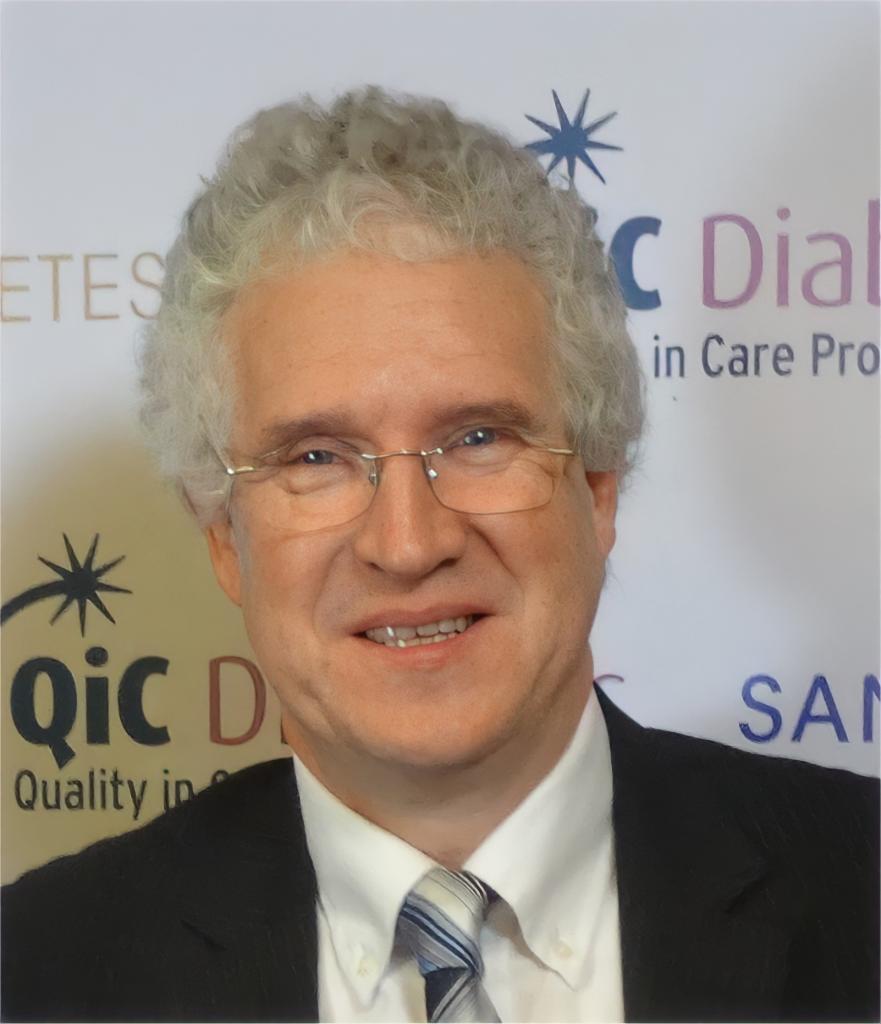Association of British Clinical Diabetologists (ABCD) is pleased to announce three further publications during September 2021 from its real-world audit of the FreeStyle Libre system (FSL), in people with type 1 diabetes (T1D) who use FSL. In our previous publication in Diabetes Care, which we announced in July 2020, we found that FSL users showed significant improvements in glycaemic control, awareness of hypoglycaemia and were less likely to utilise healthcare resources.
The audit currently has data from over 16000 FSL users of FSL from 107 hospitals in the UK. In summary we found in these three latest publications in Diabetes Care1, Diabetes Obesity and Metabolism2 and British Journal of Diabetes3
- Useful insights into the prevalence of problematic hypoglycaemia in people with diabetes who hold a driving license. We found that impaired awareness of hypoglycaemia (IAH) is prevalent in drivers with diabetes (one in five drivers living with T1D had IAH) but lower than the prevalence in nondrivers. Complete loss of hypoglycaemia awareness was rare. IAH was associated with increasing age, a longer duration of diabetes, and frequent episodes of hypoglycaemia. Less than one-tenth of drivers had experienced SH in the year prior to FSL initiation.1
- In people living with T1D, diabetes-related distress (DRD) was prevalent and associated with higher HbA1c, impaired awareness of hypoglycaemia and female gender. Improvement in glycaemic control and impaired awareness of hypoglycaemia during FSL use was associated with an improvement in DRD in people living with T1D.2
- Those who had completed structured education before FSL initiation had lower HbA1c values than those who had not. However, the subsequent change in HbA1c and GOLD score associated with FSL use did not differ between those who had completed education and those who had not. Dose Adjustment For Normal Eating (DAFNE) is the gold standard National Institute for Health and Care Excellence (NICE) recommended structured education programme that promotes self-management in people living T1D. Multivariate analysis showed that other (non-DAFNE) structured education was a predictor of HbA1c reduction even after adjusting other covariates. DAFNE was not such a predictor.3
References
- Deshmukh H et al (2021). Diabetes Care;
https://doi.org/10.2337/dc21-1181 - Deshmukh H et al (2021). Diabetes Obesity and Metabolism;
https://doi.org/10.1111/dom.14467 - Shah N et l (2021). British Journal of Diabetes;
https://doi.org/10.15277/bjd.2021.308
Notes to editors
About ABCD
ABCD is the association of diabetes specialist consultants in the UK and it conducts national and international audits of medications and devices as they are introduced into real world usage in the NHS and elsewhere (https://abcd.care/abcd-nationwide-audits).
Dr Harshal Deshmukh, Clinical Lecturer in Endocrinology and Diabetes, University of Hull
Dr Emma Wilmot, Consultant in Diabetes, University Hospitals of Derby and Burton NHS Trust
Dr Chris Walton, Consultant in Diabetes, Hull University Teaching Hospitals NHS Trust
Prof Thozhukat Sathyapalan, Professor of Diabetes and Endocrinology, Hull York Medical School, University of Hull
Thozhukat.Sathyapalan@hyms.ac.uk
Dr Bob Ryder, Consultant in Diabetes, Sandwell and West Birmingham Hospitals, NHS Trust
